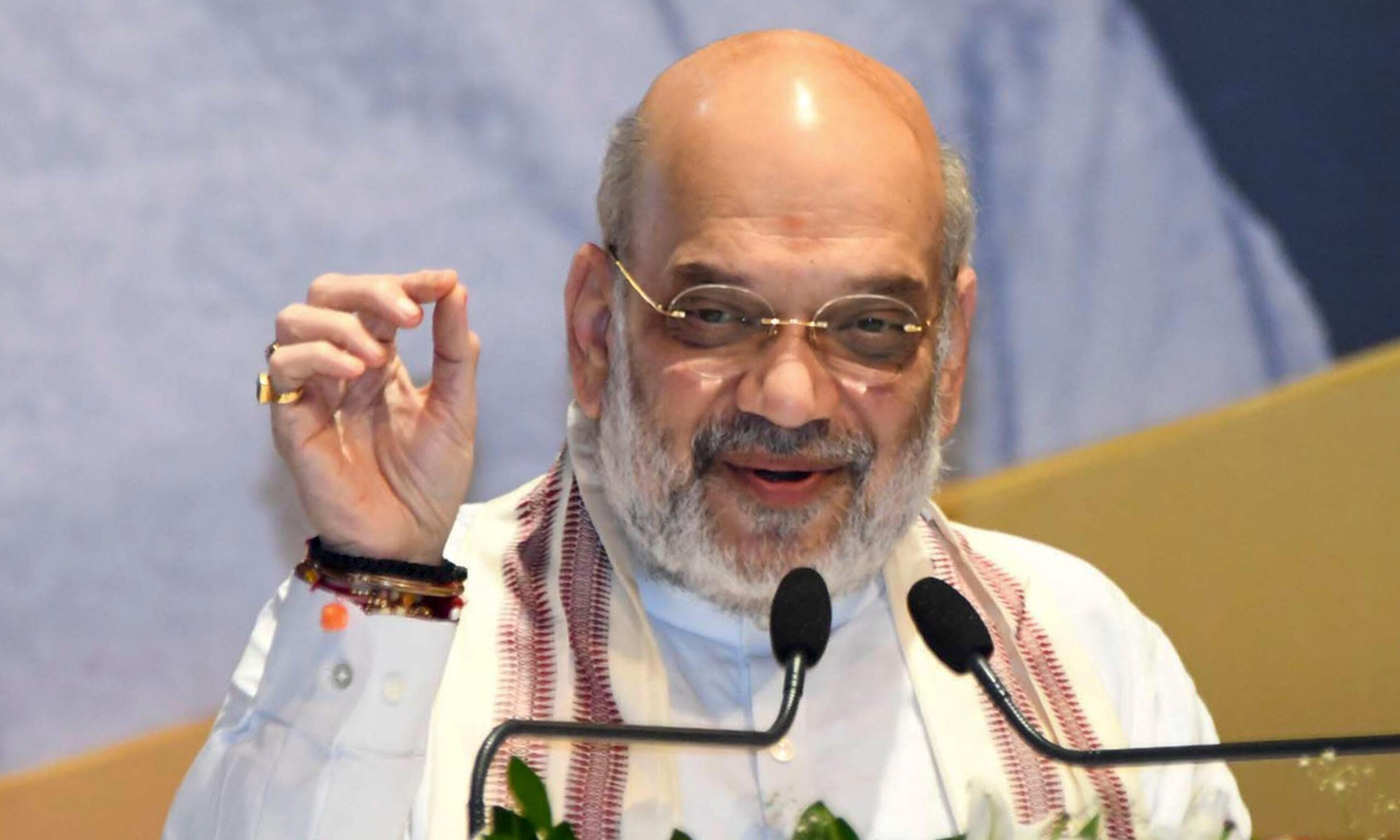Science
Amit Shah Proposes Special Prisons for Fugitives Across India

Union Home Minister Amit Shah has proposed the establishment of special prisons for fugitives in each Indian state, aiming to meet international human rights standards. This initiative is part of a broader strategy to strengthen India’s legal framework and counter the claims made by high-profile fugitives, such as Vijay Mallya, Nirav Modi, and Mehul Choksi, who have cited poor prison conditions in India to resist extradition.
During a conference titled “Extradition of Fugitives – Challenges and Strategies” organized by the Central Bureau of Investigation (CBI), Shah emphasized the necessity of creating a fear of the Indian legal system among fugitives. He stated, “Until we create fear of the Indian legal system in the minds of fugitives who harm our economy, sovereignty, and security from abroad, we cannot ensure the security of the nation.”
International Standards and Extradition Challenges
Shah noted that many fugitives leverage claims of substandard prison conditions to evade extradition, arguing that these assertions undermine India’s case in foreign courts. He urged each state to construct facilities that align with international norms, thereby removing such defenses. “While I don’t agree, why give them that excuse? Every state capital should have a facility that fully conforms to international norms,” he remarked.
The issue of extradition is pressing, with 338 extradition requests pending from India involving individuals wanted for financial crimes, terrorism, and drug trafficking. To address this, Shah suggested that passports should be automatically canceled when an Interpol Red Notice is issued. He asserted that modern technology makes this feasible, stating, “Once a Red Notice is issued, the passport should be cancelled to block the fugitive’s international travel. This will help bring them back.”
Database and Coordination Initiatives
Shah proposed the creation of a comprehensive scientific database on fugitives, which would include details about their crimes, current locations, domestic networks, and the status of extradition efforts. He called for coordination groups within each state police department to focus on narcotics, terrorism, financial crimes, and cybercrime, with support from the Intelligence Bureau (IB) and the CBI. Furthermore, he recommended that each state establish specialized extradition cells to expedite legal processes in line with both international treaties and domestic laws.
To facilitate these initiatives, Shah highlighted the importance of understanding India’s treaties with other countries and proposed that the CBI develop a dedicated extradition unit to assist state police. He also mentioned a new provision under the Bharatiya Nagarik Suraksha Sanhita, which allows for trials in absentia, enabling fugitives to be tried in India even if they are abroad. Convicted fugitives, he noted, would only be able to appeal in high courts in person.
In conclusion, Shah called for enhanced coordination between passport-issuing authorities and law enforcement, urging each state police force to establish a special cell aimed at converting Interpol Blue Notices into Red Notices. This approach is intended to streamline the process of gathering information on fugitives and facilitate their eventual apprehension.
Through these proposals, Shah aims to strengthen India’s extradition framework and enhance the country’s ability to combat crime that threatens its economic and national security.
-

 World5 months ago
World5 months agoSBI Announces QIP Floor Price at ₹811.05 Per Share
-

 Lifestyle5 months ago
Lifestyle5 months agoCept Unveils ₹3.1 Crore Urban Mobility Plan for Sustainable Growth
-

 Science4 months ago
Science4 months agoNew Blood Group Discovered in South Indian Woman at Rotary Centre
-

 World5 months ago
World5 months agoTorrential Rains Cause Flash Flooding in New York and New Jersey
-

 Top Stories5 months ago
Top Stories5 months agoKonkani Cultural Organisation to Host Pearl Jubilee in Abu Dhabi
-

 Sports4 months ago
Sports4 months agoBroad Advocates for Bowling Change Ahead of Final Test Against India
-

 Science5 months ago
Science5 months agoNothing Headphone 1 Review: A Bold Contender in Audio Design
-

 Top Stories5 months ago
Top Stories5 months agoAir India Crash Investigation Highlights Boeing Fuel Switch Concerns
-

 Business5 months ago
Business5 months agoIndian Stock Market Rebounds: Sensex and Nifty Rise After Four-Day Decline
-

 Sports4 months ago
Sports4 months agoCristian Totti Retires at 19: Pressure of Fame Takes Toll
-

 Politics5 months ago
Politics5 months agoAbandoned Doberman Finds New Home After Journey to Prague
-

 Top Stories5 months ago
Top Stories5 months agoPatna Bank Manager Abhishek Varun Found Dead in Well









